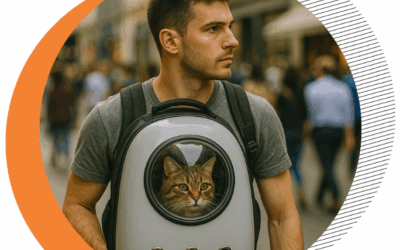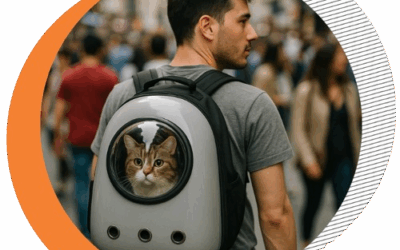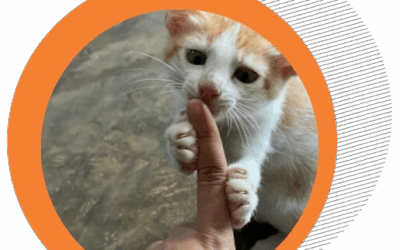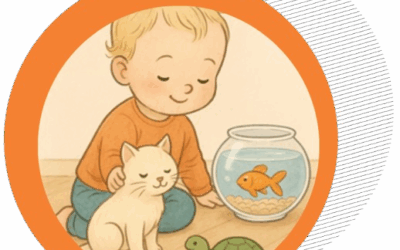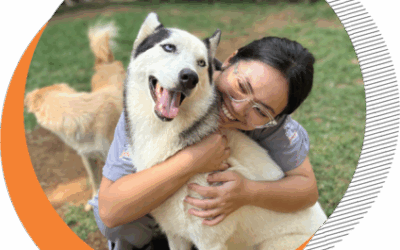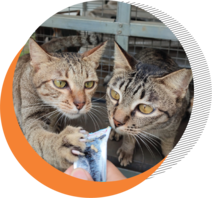
Animal Health and
Welfare: Equal or
Complementary?
By: Drh.Mikeu Paujiah, Dipl.Montessori
Translator: Anjani Setya Utami
In literature, WHO defines health as physically, mentally and socially healthy. Unfortunately, this
does not yet apply to animals. Animal health is still defined as only “physically healthy” without regard to mental and social health. However, animals are also living things. As explained in the Lisbon agreement (2009), animals must be
considered as beings capable of feeling emotions, having needs and degrees of consciousness
Animal welfare means how an animal is able to
adapt to its environment. An animal is in a state of well-being if it is physically healthy, comfortable, well-nourished, safe, able to express natural behavior freely, does not live with fear, anxiety and is free from pain.
Animal welfare means how an animal is able to
adapt to its environment. An animal is in a state of well-being if it is physically healthy, comfortable, well-nourished, safe, able to express natural
behavior freely, does not live with fear, anxiety and is free from pain.

In humans, the concepts of health and welfare are considered equivalent, because the
understanding of the meaning of “health” is already at a broader level.
However, this does not yet apply to animals, where the concepts of welfare and health are still complementary due to the lack of human understanding of what constitutes “health” as a whole in animals.
For this reason, education needs to be continuously given so that people pay attention to the
“health” of their pets. Not only to look physically healthy, but mentally and socially healthy as well.
Let’s empathize more…
SOURCE:
Nicks B, Vandenheede M. Animal health and welfare: equivalent or complementary? Rev Sci
Tech. 2014 Apr;33(1):97-101, 91-6.
https://www.avma.org/resources/animal-health-welfare/animal-welfare-what-it
Related Post:
